At Agnes Scott, the Summit program constitutes the college’s unique approach to the liberal arts, emphasizing interdisciplinary learning through the lens of global studies and leadership development. When I first came to Agnes Scott, I experienced the introductory first-year seminar leadership course in the fall, LDR 101, and the other first-year component of Summit, an in-depth study of a social or political issue local to a place in the course GBL 102 coinciding with a trip, called Journeys, to that place over spring break.In Leadership 101, we studied feminist leadership through an Art History lens, with a particular focus on 1970s American feminist art movements and the Womanhouse project. I have been lucky to get to use my experience in the course to guide my decision-making as a course tutor during my time at the Center for Writing and Speaking (see Work Experience).
In Global 102, my class studied peace and reconciliation in Northern Ireland after the Troubles, the 40-year period of sectarian clashes over Northern Ireland’s national identity. Over spring break during my first year at Agnes Scott, we traveled together on our Journeys trip to Dublin, Belfast, and Derry. We investigated Northern Irish identity through learning experiences such as meeting with the mayor of Belfast and engaging with a panel of former Irish Republican Army, British Army, and Royal Ulster Constabulary members.
As a junior, I was chosen through a highly selective process to participate in the Journeys trips as a Schmidt Scholar. I served as a student leader in the class and on the trip to Fort-de-France, Martinique. I co-facilitated classes, translated for other students, and helped solve interpersonal problems, fostering first-years’ engagement with postcolonial perspectives in Martinique. The Schmidt Scholars also participate in a concurrent practicum course with the other trips’ student leaders. Photographs from this trip and my travel in Northern Ireland are featured below!
The SUMMIT curriculum, including the leadership experience and study abroad trips, connect closely with my future in nursing. My first year at Agnes Scott set me up to understand what my strengths are as a leader and how I can work to improve my weaknesses in following leadership experiences. On the Journeys trips, I was able to learn powerful lessons about cultural exchange and group dynamics, especially in my role as a Schmidt Scholar. As a healthcare provider, I will have to apply these skills by solving conflict and actively listening to patients and colleagues alike. Next, you can learn about my work experience while in college.
I major in Women’s, Gender, and Sexuality Studies (WGSS) at Agnes Scott College, focusing in queer studies, human sexuality, and public health. Although it can be difficult to see how WGSS is connected to healthcare, my major has helped me understand how to critically analyze systems, pinpoint where power operates unfairly, and think creatively about solutions to problems.
The core classes in Women’s Studies include Introduction to Women’s Studies, Introduction to Queer Studies, Intersectional Research Methods, and Contemporary Feminist Theory. In the introductory courses, I gained familiarity with foundational texts and analytical methods in the field. In the methodology course, I learned to think critically about how knowledge is produced, how to generate ethical research, and how feminists apply research methodologies. Finally, I learned to analyze the relationship between theory and practice in Contemporary Feminist Theory, a cross-listed course with Philosophy. I got to use all of these WGSS skills when I took Advanced Readings in WGSS, where we worked together as a class to redesign the Introduction to Women’s Studies syllabus. This curriculum is now being taught at the college.
One of my favorite things about WGSS, however, is its interdisciplinary nature. Many WGSS courses are cross-listed with other departments, and I’ve also been able to apply my interest in WGSS to totally different subjects. An advanced French speaker, I have not minored in French in college, but I was able to engage my love of French with WGSS in independent research in courses like French and Francophone Cultures and Advanced Readings in French. An important influencer for my entrance into healthcare was taking the Maternal and Reproductive Health, a Public Health course that allowed me to deep-dive into feminist reproductive and sexual healthcare.
As a senior now, I’m currently applying my advanced knowledge of WGSS to a senior thesis project at the intersection of WGSS, queer studies, disability studies, and cancer. I love that my knowledge of WGSS gives me a lens that I can use to analyze new content areas, the most significant one being my minor in psychology.
For most of my time at Agnes Scott, I was a double major in WGSS and Psychology, but I elected to drop my Psychology studies down to a minor to give my schedule the room to take more nursing and healthcare-relevant coursework. However, I am still proud to have a broad background in psychology, and my experience in the department at Agnes Scott includes completing the Capstone Psychology internship experience at the Emory Developmental Progress Clinic (which I summarize here).
The core Psychology course work includes two semesters of Introductions to Psychology, Research Statistics, Research Design and Methods, and classes within the social psychology and neuroscience groups. In these courses, I developed a strong background in empirical research, statistical analysis, and human psychological development (including the course Development Through the Lifespan). My love for psychosocial models of understanding human behavior is part of what has led me to nursing, especially in contrast to the biomedical model. The skills I earned in this coursework enabled me to contribute to research projects when I interned at Emory, and also have been foundational to my learning in Anatomy and Physiology.
The WGSS departments’ interdisciplinary cross-listing also applies to Psychology, which has been one of my favorite focuses of my time at Agnes. In this vein, I was able to engage in the courses Psychology of Women and Psychology of Sexuality. Like my Maternal and Reproductive Health course, these classes allowed me to dive into psychosocial models of reproductive and sexual health, affirming that this area makes up my core academic interest.
Northern Ireland and Martinique Photo Gallery
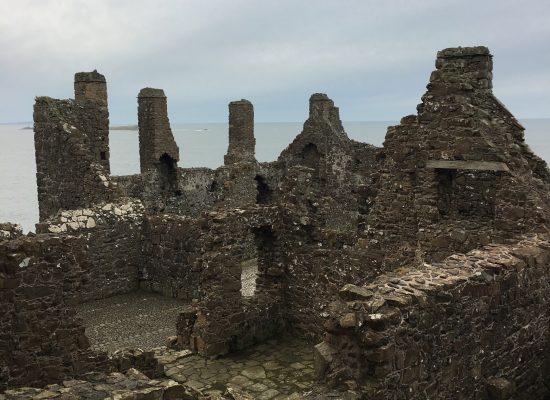
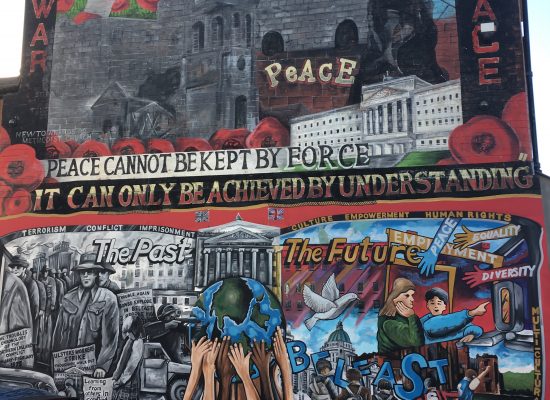
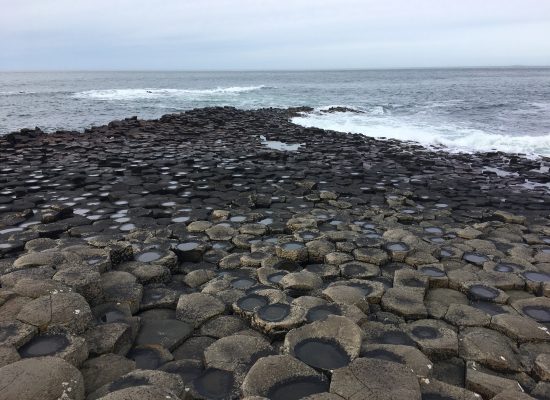
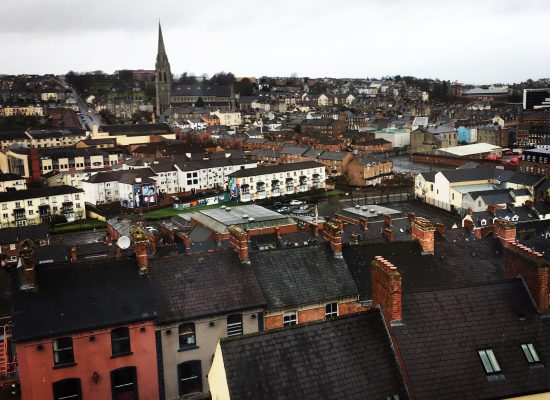
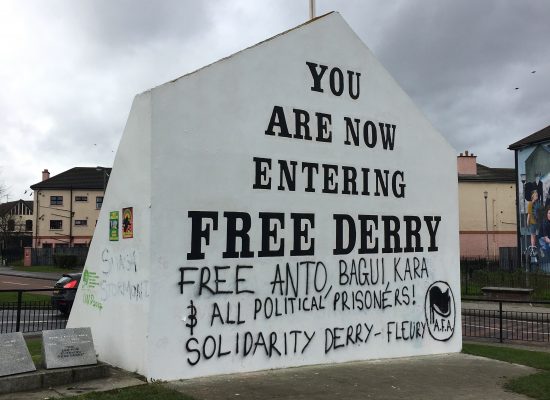
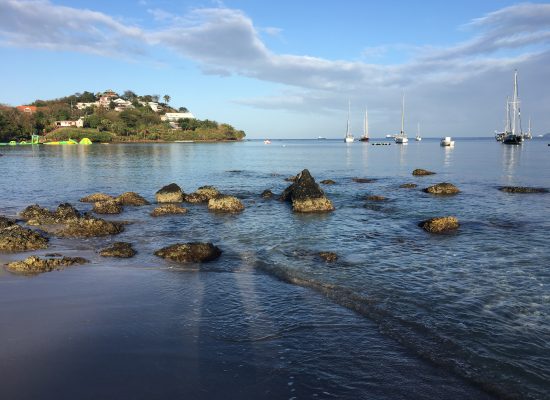
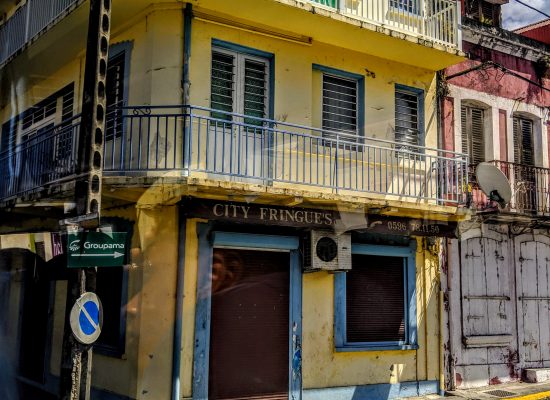
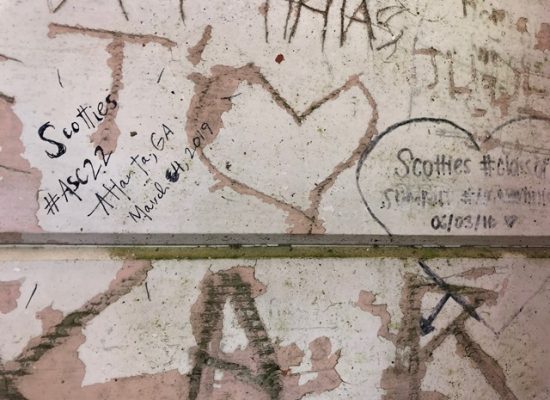
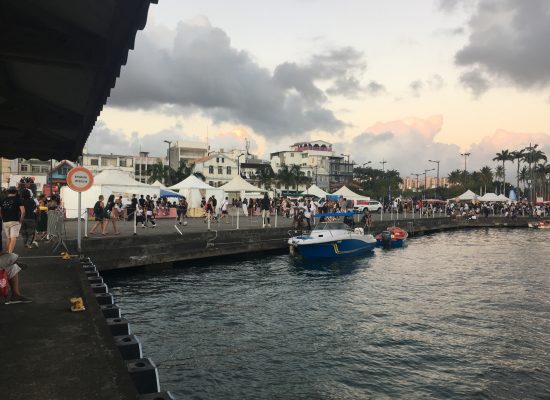
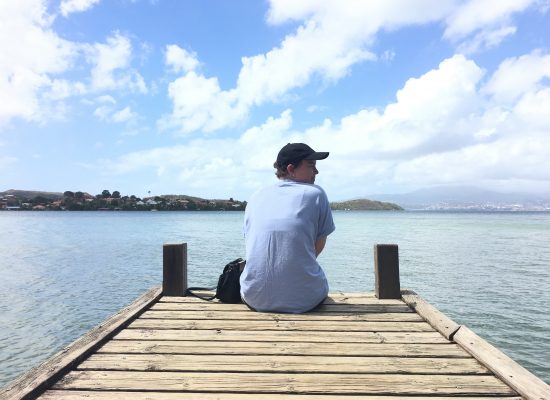
Examples of My Work
My final paper from my GBL 102: Northern Ireland course, Feminism During the Troubles in Northern Ireland, was published in The Onyx Review: The Interdisciplinary Research Journal at Agnes Scott College in fall 2017.
My final Research Proposal for Feminist Research Methods allowed me to design a study about a topic of my own interest using feminist research methodology, as well as inquiry methods I’d gained from other coursework, like psychology.
White Masculinity and National Identity in the Sexual Behavior of American Soldiers in Western Europe During World War Two, my final paper for an advanced history course, was also published in The Onyx Review: The Interdisciplinary Research Journal at Agnes Scott College in fall 2018.
In my French studies, I got to take an advanced course focused on feminist and women writers in the Francophone word, in which we read many key feminist texts in the original French. My Final Presentation compared the work of Cixous and Audre Lorde.
In Maternal and Reproductive Health, a WGSS and Public Health course, I was able to engage in research about outcomes in reproductive and sexual health in position papers, as in my Final Paper about sex education policy.
As I have engaged with my nursing prerequisites, I have conducted a mini-review of a research topic within each organ system of the body for Anatomy and Physiology, as in my Calcium Supplements and Bone Density Review.
